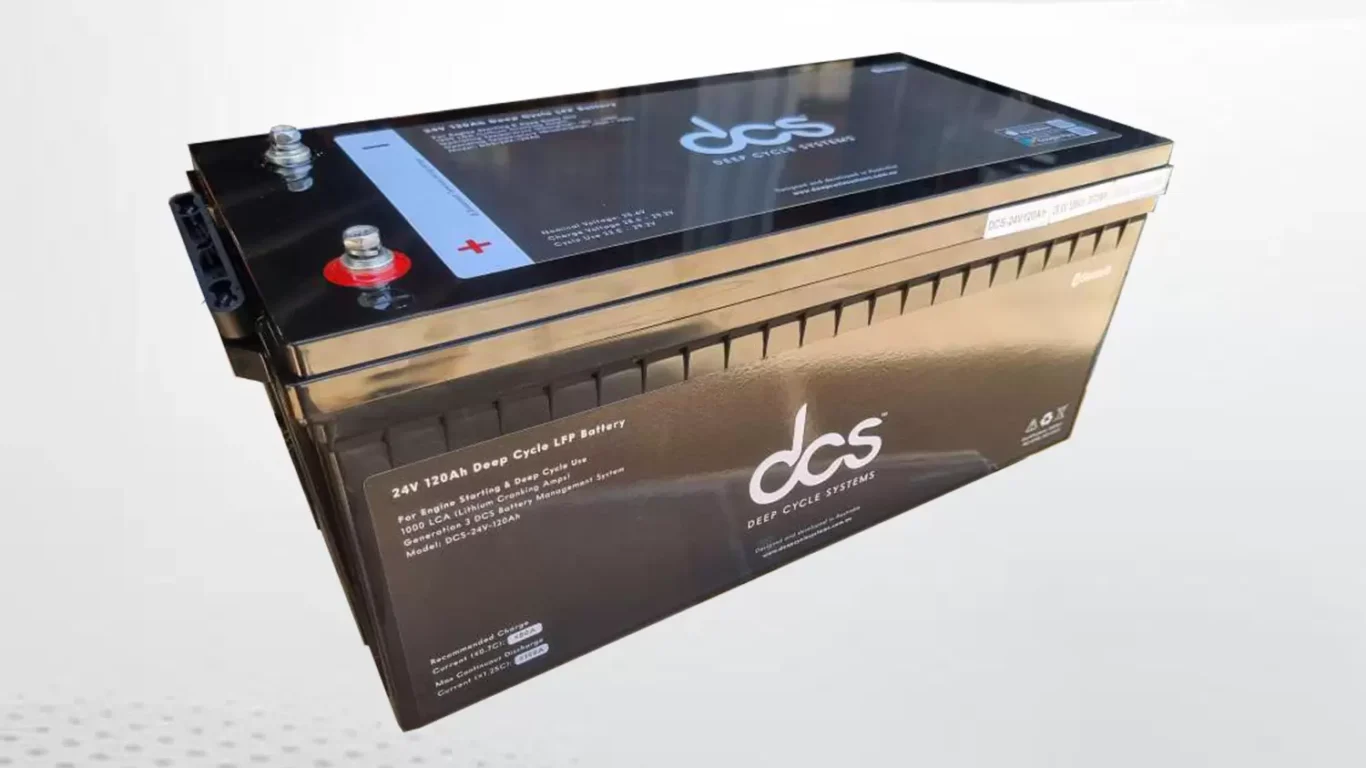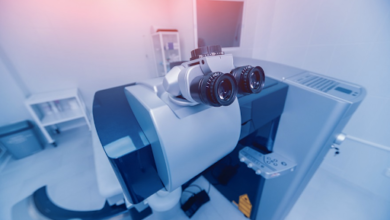Inverter and Backup Power Systems: Deep Cycle Battery

Inverter and backup power systems are essential for uninterrupted power supply during outages. One key component of these systems is the deep cycle battery, designed to withstand deep discharges and recharges to ensure sustained power over a long period. Understanding the importance of deep-cycle batteries and how to choose the right one for your backup power system is crucial for reliable performance.
Understanding Deep Cycle Batteries
Deep cycle batteries are an essential component of backup power systems, playing a critical role in ensuring the reliability and consistency of power supply during outages. These batteries are designed to provide a sustained power source for inverters, allowing for an uninterrupted power supply when needed. Unlike standard car batteries, deep cycle batteries are built to withstand deep discharges and recharge without causing damage to the internal components, making them highly durable and long-lasting. Their ability to provide sustained power over an extended period makes them an ideal choice for applications where continuous power is essential.
Deep-cycle batteries offer cost-effectiveness in the long run compared to traditional lead-acid batteries. Investing in deep-cycle batteries for your backup power system is an intelligent choice to ensure a reliable power supply and peace of mind during unexpected outages. With their ability to provide continuous power for an extended period, deep-cycle batteries are a valuable asset for any backup power system.
Benefits of Using Deep Cycle Batteries in Inverter Systems
Deep cycle batteries are vital in maintaining a stable and dependable power supply for inverters, particularly during power outages. These batteries are specifically engineered to deliver continuous power output over a prolonged duration, essential for keeping backup power systems operational. By utilizing deep-cycle batteries, individuals and businesses can rest assured knowing that their power source will remain reliable and consistent during unexpected disruptions in the electrical grid. The longevity and durability of deep cycle batteries make them a cost-effective solution for ensuring uninterrupted power supply when needed most.
When comparing deep-cycle batteries to traditional lead-acid batteries, it becomes evident that deep-cycle batteries are the superior choice in terms of durability and lifespan. Their longevity makes them a cost-effective option over time and eliminates the hassle of frequent replacements. One of the critical reasons why deep-cycle batteries are preferred over traditional lead-acid batteries is their ability to provide reliable power output. This ensures vital devices and systems have uninterrupted power when needed most, making deep-cycle batteries an essential component for various applications.
Choosing the Right Deep Cycle Battery for Backup Power
When selecting a deep-cycle battery for your backup power system, several important factors must be considered to ensure you make the best choice for your needs. One crucial aspect to consider is the different types of deep-cycle batteries available. From flooded lead-acid batteries to sealed lead-acid batteries, gel batteries, and AGM batteries, each type has its own advantages and disadvantages. It is essential to conduct thorough research to determine which type aligns best with your requirements. Apart from the type of battery, you must also consider the capacity and voltage requirements of your backup power system.
Ensuring that the selected battery has the necessary capacity to provide sufficient power and the correct voltage to match your inverter and charging system is vital for optimal performance. Another key factor to keep in mind is the battery’s cycle life. This refers to the number of charge and discharge cycles a battery can undergo before its capacity diminishes. Opting for a deep-cycle battery with a longer cycle life ensures that it can deliver reliable power for an extended period.
Compatibility with your existing inverter and charging system is crucial when choosing a deep-cycle battery. It is essential to verify that the battery is compatible with your equipment to prevent any potential issues or damage. Additionally, considering the battery’s maintenance requirements for long-term use is important. Some batteries necessitate regular maintenance, such as topping up with distilled water, while others are maintenance-free, offering added convenience.
Maintenance Tips for Deep Cycle Batteries in Inverter Systems
Proper maintenance ensures deep-cycle batteries’ longevity and optimal performance in inverter systems. Here are some essential maintenance tips to follow:
Check Water Levels:
Regularly inspect the water levels in the deep cycle batteries to ensure they are adequately filled. Maintaining the correct water levels is essential for optimal battery performance.
Clean Battery Terminals:
Corrosion on battery terminals can hinder the flow of power and damage the battery. Clean the terminals periodically using a mixture of baking soda and water to prevent corrosion.
Monitor Charge Levels:
Please monitor the charge levels of the deep cycle batteries and ensure they are recharged promptly when they are nearing depletion. Avoid deep discharges, as they can shorten the battery’s lifespan.
Invest in a Battery Desulfator:
A battery desulfator can help break down sulphation buildup on the battery plates, improving efficiency and longevity. Consider investing in a desulfator for better battery maintenance.
Following these maintenance tips will help maximize the lifespan and performance of deep-cycle batteries in inverter systems, ensuring reliable backup power.
Maximizing the Lifespan of Deep Cycle Batteries
Properly maintaining deep cycle batteries is essential for longevity. This can be achieved by regularly monitoring charge levels, ensuring they are properly topped up when needed, and avoiding overcharging. By following these steps, you can help prevent damage and prolong the life of your deep-cycle batteries. Choosing a suitable inverter for deep-cycle batteries is crucial for optimal performance. An inverter compatible with your specific battery type and capacity will help ensure that the energy stored in your batteries is efficiently converted into usable power for your devices.
This can help maximize the lifespan of your batteries and improve overall performance. By properly maintaining and monitoring your deep-cycle batteries and selecting the suitable inverter for your setup, you can help ensure that your power system runs smoothly and efficiently for many years to come. Investing in quality equipment and following best practices for battery care will pay off in the long run by extending your battery life and improving your power system’s performance.
Inverter Installation Guide for Deep Cycle Battery Compatibility
Understanding the importance of deep-cycle batteries for backup power systems is essential for inverter installation. Follow these steps to ensure compatibility with deep-cycle batteries:
Choose the suitable inverter:
Make sure to select an inverter specifically designed to work with deep-cycle batteries. This will ensure optimal performance and longevity for your backup power system.
Proper installation procedures:
Follow the manufacturer’s guidelines for installing the inverter to ensure it is connected correctly to the deep cycle batteries. This includes proper wiring, grounding, and protection against overload.
Regular maintenance:
Inspect the inverter regularly for signs of damage or malfunction. Keeping the inverter in good condition will help prolong the lifespan of the deep-cycle batteries.
Consider the specific power requirements:
Before installing the inverter, determine the power needs of your devices to ensure the deep cycle batteries can provide sufficient power during outages. This will prevent overloading the system and damaging the batteries.
Additional Tips:
- Ensure the inverter is installed in a well-ventilated area to prevent overheating.
- Use proper safety precautions when working with electrical equipment.
- Regularly monitor the performance of the inverter and deep cycle batteries to address any issues promptly.
Exploring Advanced Technology in Deep Cycle Batteries
Deep-cycle batteries play a crucial role in inverter and backup power systems, providing a reliable power source during outages. With advancements in technology, deep-cycle batteries have evolved to offer improved performance and longevity.
Key Features of Advanced Deep Cycle Batteries:
Enhanced Durability: Advanced deep cycle batteries are designed to withstand deep discharges and recharges without compromising performance.
Improved Charge Acceptance: These batteries have higher charge acceptance rates, allowing for faster recharging and increased efficiency.
Advanced Materials: Manufacturers use innovative materials to enhance the energy density and overall performance of deep-cycle batteries.
Smart Technology Integration: Some deep-cycle batteries now have intelligent features for remote monitoring, battery management, and optimizing performance.
Future Trends in Deep Cycle Battery Technology
As technology advances, deep-cycle batteries evolve rapidly to meet the increasing demands for sustainable and reliable power solutions. Several key trends are shaping the future of deep-cycle battery technology. There is a strong focus on increasing energy storage capacity. This allows for longer backup power durations and enhanced reliability in various applications.
Manufacturers are constantly exploring new ways to improve the capacity of deep-cycle batteries to meet consumers’ growing energy needs. Enhanced durability and lifespan are also critical trends in deep-cycle battery technology. Manufacturers are investing in research and development to improve battery durability and lifespan. By incorporating new materials and technologies, deep-cycle batteries become more resilient to deep discharges and recharge, resulting in longer-lasting performance.
Another significant trend is the integration of intelligent technology into deep-cycle batteries. This enables remote monitoring and management, allowing users to track battery performance in real-time, optimize charging cycles, and ensure efficient usage for an extended lifespan. This intelligent technology is revolutionizing the way deep-cycle batteries are managed and utilized.
Conclusion
Deep-cycle batteries ensure a reliable and consistent power supply for inverter and backup power systems. Their durability, longer lifespan, and ability to withstand deep discharges make them ideal for powering electronics during outages. By understanding the different types of deep-cycle batteries, choosing the right one for your specific needs, and following proper maintenance and installation procedures, you can maximize the performance and longevity of these essential power sources. With advancements in technology and ongoing developments in battery technology, the future looks promising for even more efficient and sustainable deep-cycle batteries for backup power solutions.
FAQs
What is a deep cycle battery, and how does it differ from other types?
A deep cycle battery is designed to provide sustained power over a long period. Unlike standard car batteries, deep-cycle batteries can endure deep discharges and recharge without damaging the internal components.
How long do deep-cycle batteries typically last in an inverter system?
The lifespan of deep-cycle batteries in an inverter system can vary depending on factors such as usage, maintenance, and environmental conditions. On average, properly maintained deep-cycle batteries can last 3 to 5 years.
What are the key factors when choosing a deep-cycle battery for backup power?
Several important factors must be considered when selecting a battery. Capacity refers to the energy the battery can store, ultimately determining how long your device can run on a single charge. Voltage is another crucial aspect to keep in mind, as it specifies the electrical potential difference between the battery’s positive and negative terminals.
Can deep-cycle batteries be used in different climates and environments?
Yes, deep-cycle batteries are versatile and can be used in various climates and environments. Proper precautions and regular maintenance are essential to ensure optimal performance, especially in extreme conditions.




